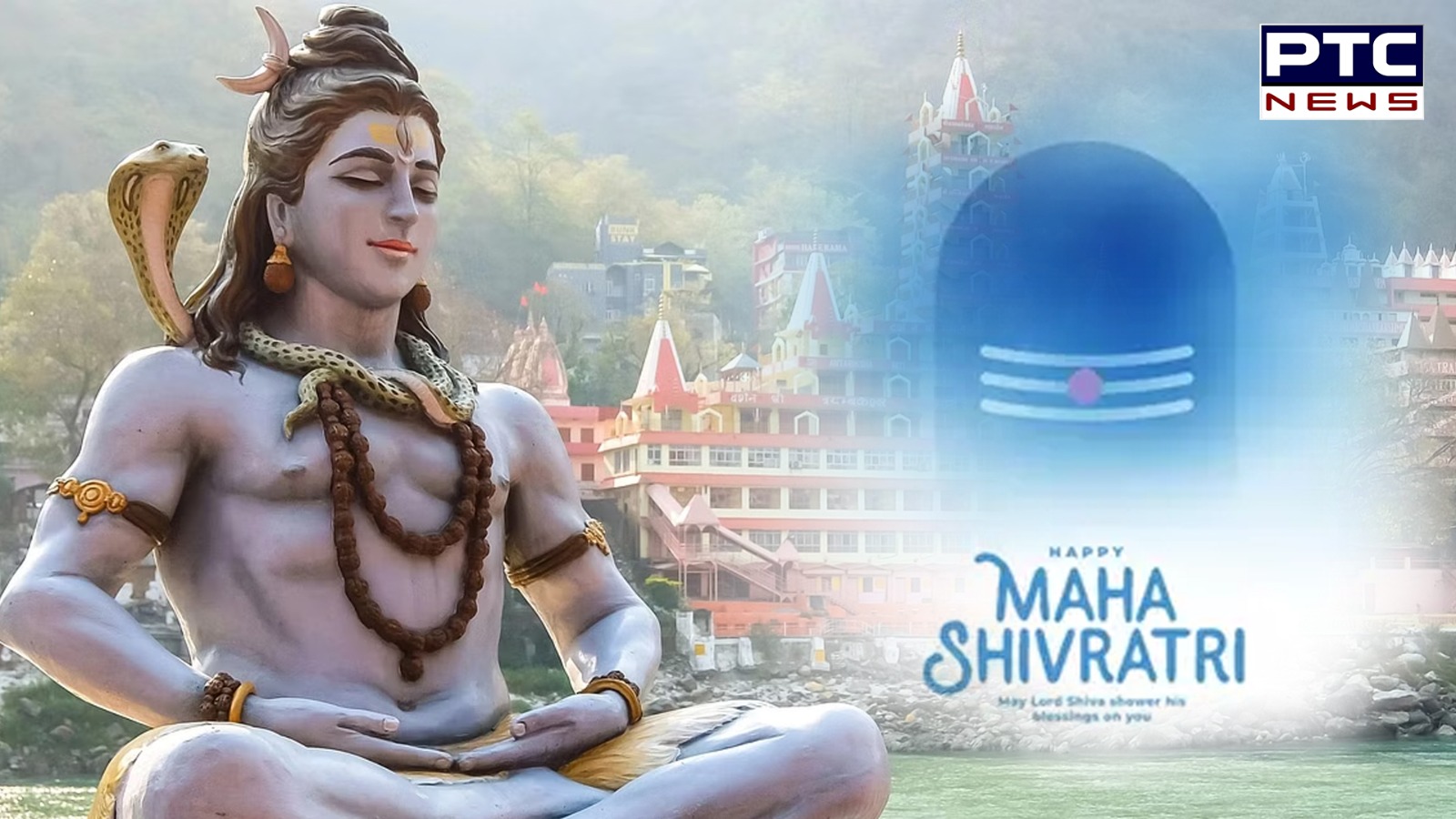

Maha Shivratri Fasting Rules: Do’s and Don’ts to keep in mind
Maha Shivratri Fasting Rules: Maha Shivratri, also known as the Great Night of Shiva, is a Hindu festival celebrated in honor of Lord Shiva. It is observed on the 14th day of the dark fortnight in the Hindu month of Phalguna (usually in February or March). Maha Shivratri holds immense spiritual significance and is considered one of the most auspicious occasions in the Hindu calendar. This year, the Maha Shivratri is being celebrated on March 8.
It's believed that while there is a Shivratri every lunisolar month of the Hindu calendar, the Maha Shivratri, happens only once every year, in February/March, when winter comes to an end and spring and summer begins.
Also Read: Most Famous, Popular and Best Shiva Temples in India
Out of the 12 Shivratris observed in any given year, Maha Shivratri is considered especially auspicious, as it is supposed to be the night of convergence of Shiva and Shakti, which in essence means the male and feminine energies that keep the world in balance. Shiva and Shakti are revered as the embodiment of love, power, and oneness.
/ptc-news/media/media_files/to6vptFwEdty41Lt7YJp.jpg)
During Maha Shivratri, devotees fast, meditate, and perform puja (ritual worship) to Lord Shiva. They visit Shiva temples, offer prayers, and perform rituals like Abhishekam (ritual bathing of the Shiva Lingam) with milk, water, and other sacred substances. Many devotees stay awake throughout the night, engaging in bhajans (devotional songs), chanting of mantras, and reading scriptures dedicated to Lord Shiva.
Also Read: Know the significance of Maha Shivratri; why it is celebrated?
Do’s
Also Read: Maha Shivratri 2024: Know puja timings, shubh muhurat, puja vidhi, fasting rules, other details
/ptc-news/media/media_files/xd2NZixihiyxvu1Fqy5w.jpg)
Don'ts
Happy Maha Shivratri 2024!
-
